Planning a trip soon but have your pet fish at home? Thinking they can feed their fish once a day or water the tank with water from days old? We’ve all been there! In this guide, we will be addressing all the questions you may have about your fish while you are away, i.e., how long can fish go without food, etc.
Content Table
We will find out how many days average aquarium fish, as well as other fish champions, can live without food. We will also discuss feeding your betta fish, a common yet sometimes picky eater.
Lastly, some useful advice on how to help your fish stay healthy and alive while you are enjoying the time on the beach. Therefore, get set, and let’s prepare your fin friends for your vacation!
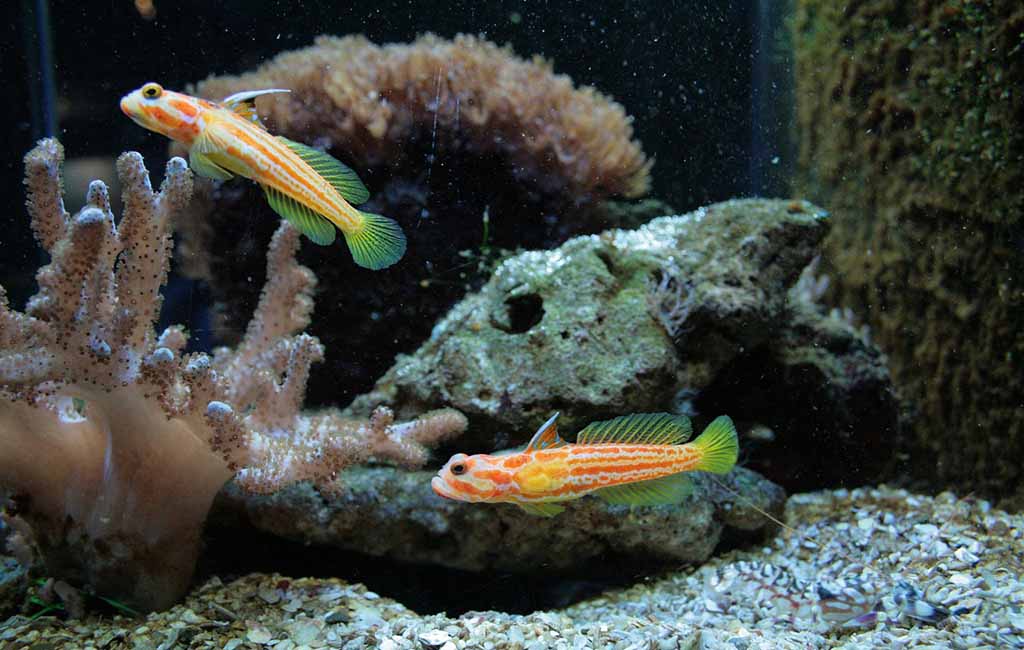
Leaving Your Pet Fish While on Vacation
Leaving your fish on its own for a period you are out on a vacation is rather dangerous, especially for long periods. Fish are living organisms that require proper care and attention to their biological and physiological requirements, and therefore any alteration of their environment may lead to stress and health complications.
Failing to feed the fish or perform water changes regularly, ammonia, nitrite, and nitrate rise in the water and become fatal to the fish. Also, the change in temperature or pH is adverse. If you are going on a trip, certain measures should be taken to make sure that your fish are okay when you are not around.
Can the fish live without the food and the old water
Food: Most healthy fish can survive a week or even two without feeding, depending on the species. In the wild, they experience periods without readily available food. However, young or sick fish may struggle without regular meals.
Water: Old water can become toxic due to waste buildup. A large water change before you leave helps, but it’s not a substitute for regular tank maintenance.
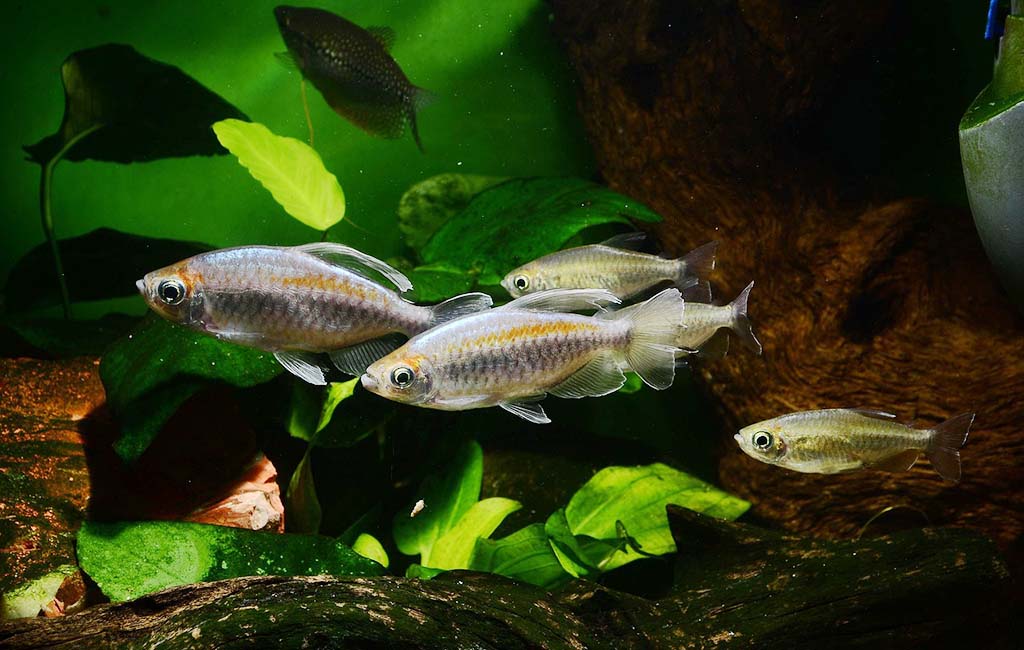
How Long can Betta Fish go Without Food?
The average healthy betta fish can survive without feed for up to 14 days, though you should not let that happen.
There are a couple of reasons for this:
- Stress and Starvation: Ideally, after about a week, you betta will begin to use up its stored energy reserves and will go into what is referred to as starvation mode. This leads to high stress levels and possibly organ failure as well as diseases.
- Better Safe Than Sorry: Sometimes betta fish are in much better shape than others, and it is better not to endanger them just for the sake of it.
What’s the Point to Avoid the Feeding Problems of Betta
- Short Trips (2-4 days): You can safely skip feeding for short trips. A healthy betta can live off its reserves for a few days.
- Vacation Options: For longer trips, consider:
- Fish Sitter: Ask a trusted friend or neighbor to feed your fish and monitor the water quality.
- Automatic Feeder: These can be a good option, but be sure to test them beforehand to avoid malfunctions. e., install an intelligent fish feeder for betta.
By planning, you can ensure your betta fish stays happy and healthy while you’re away.
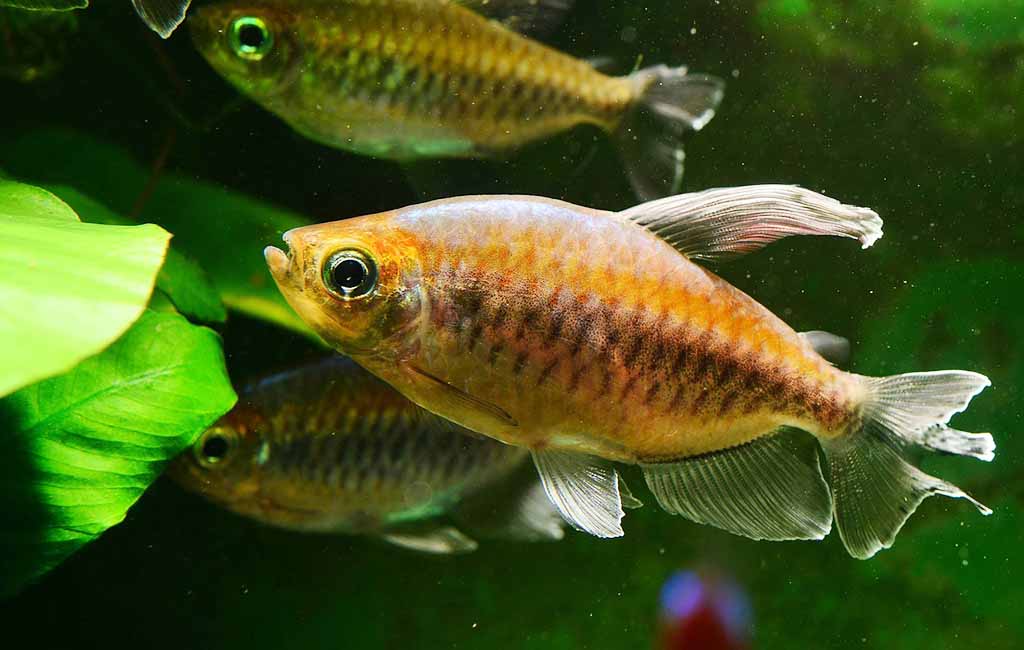
Caring for Your Fish When You’re Away Home
Here’s how to get your fish tank ready before you head out on vacation.
Water Quality Boost
- Large Water Change (25-50%): Three days before you let your fish go, change a lot of the water to get rid of waste products such as ammonia and nitrite. This will ensure that your fish have a clean environment just in case you are starting your trip.
- Filter Cleaning: Filter your media gently. Do not add too much, as you will want to retain some good bacteria that are useful in breaking down wastes in the water.
Feeding Solutions
- Fish Sitter: The best approach, especially if the trip is long, would be asking a friend or neighbor to come over and feed the fish. They can feed the fish at appropriate intervals and check on water standards often.
- Automatic Feeder: For short journeys, including those lasting up to a week and when the fish are healthy, an automatic feeder can be quite useful. However, perform a trial run on it to check that it will dispense the proper amount of food and will not jam.
- Vacation Block Feeders: These slow-release feeders can only be used for short journeys with really robust fish, but it is not desirable. The food quality can decrease, and they can fail to meet fish’s nutritional needs.
Keep Things Stable
- Temperature Control: One should consider using a timer when planning to invest in an aquarium heater and/or lights. This will help maintain the water temperature and the light-dark cycle at appropriate levels during your absence.
- Top Off the Water: This can reduce the water levels, as is evident in the case of evaporation. Make sure you fill the tank with the pre-treated water before you go away from the vehicle to ensure that there is no equipment failure through lack of water.
Emergency Plan
- Leave Instructions:Ensure you give clear instructions to your fish sitter or anybody who may visit the fish during your absence. This should comprise feeding quantity and timing, water quantity and frequency, and your contact details in case of an emergency.
- Backup Heater: It might be useful to have another heater on standby which is set at the same temperature as the main one in the event of a fault.
Healthy Start
- Examine Your Fish: Before you leave, take a close look at your fish for any signs of illness. It’s best to address any health issues before your trip to avoid them worsening while you’re gone.
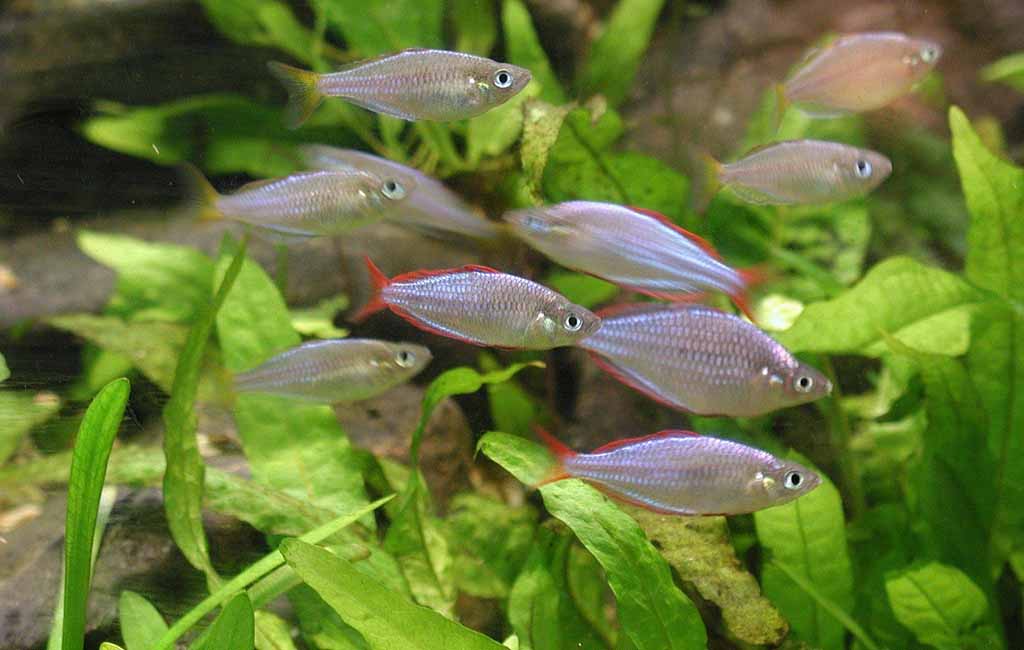
The Final Words
To sum up, fish can live between one and two weeks without food, however, it is better to find someone who can feed the fish while you are gone. For short journeys, an automatic feeder might do the trick. In case you are going for a longer trip, arrange for someone, probably a friend or a neighbor, to feed the fish and check water levels.
Get your tank ready for your absence by giving it a big water change alongside cleaning the filter media. It is recommended that you keep track of time in regulating the aquarium heater and the lights. Provide specific instructions for your fish sitter and always have an alternative strategy for the crisis. By following the above tips, you can be able to maintain your fish healthy and happy when you are out of the house.
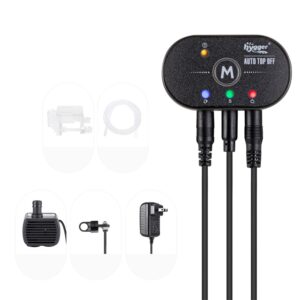
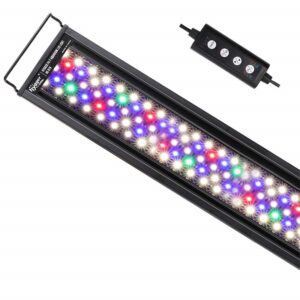
Leave a comment